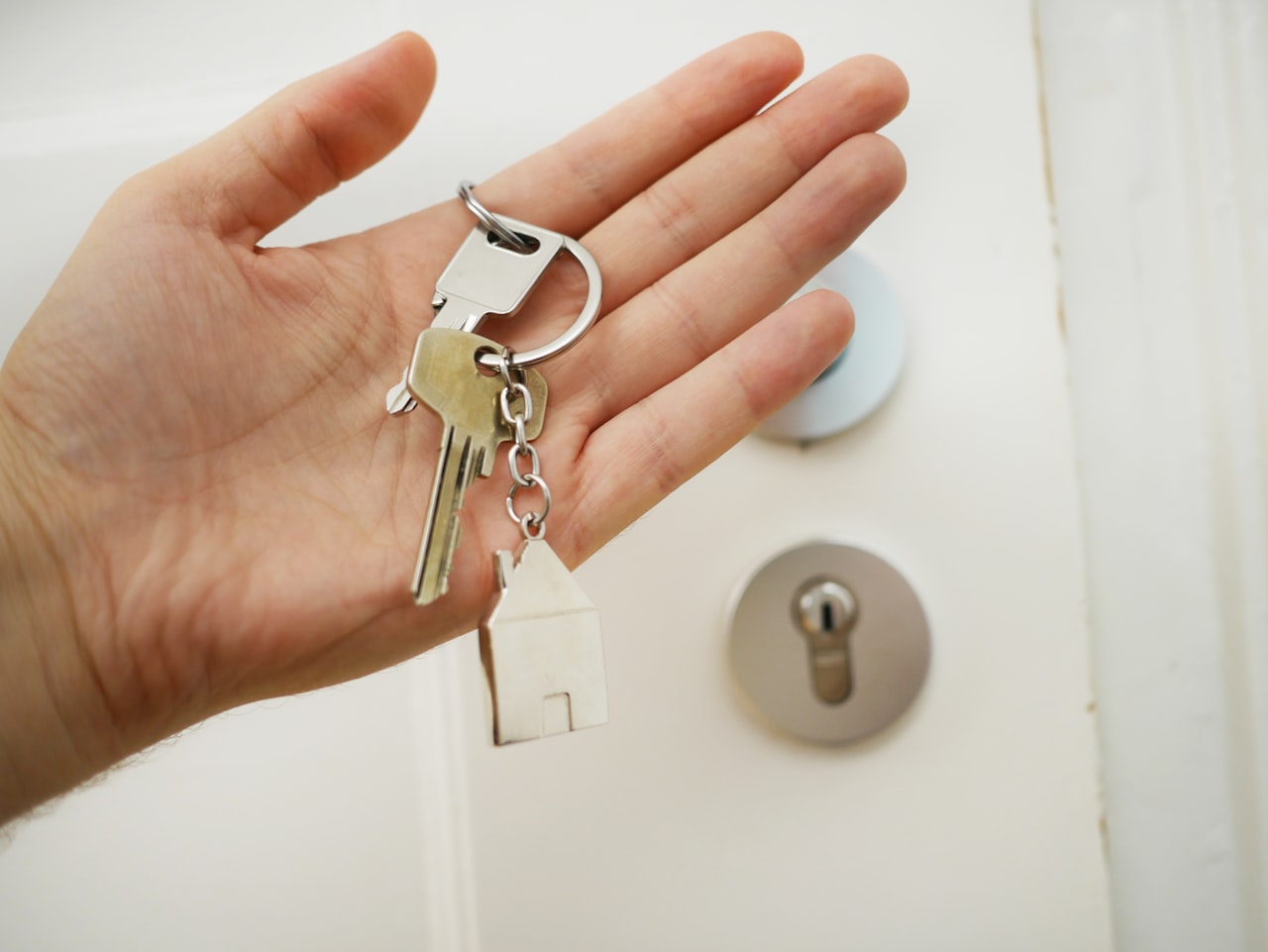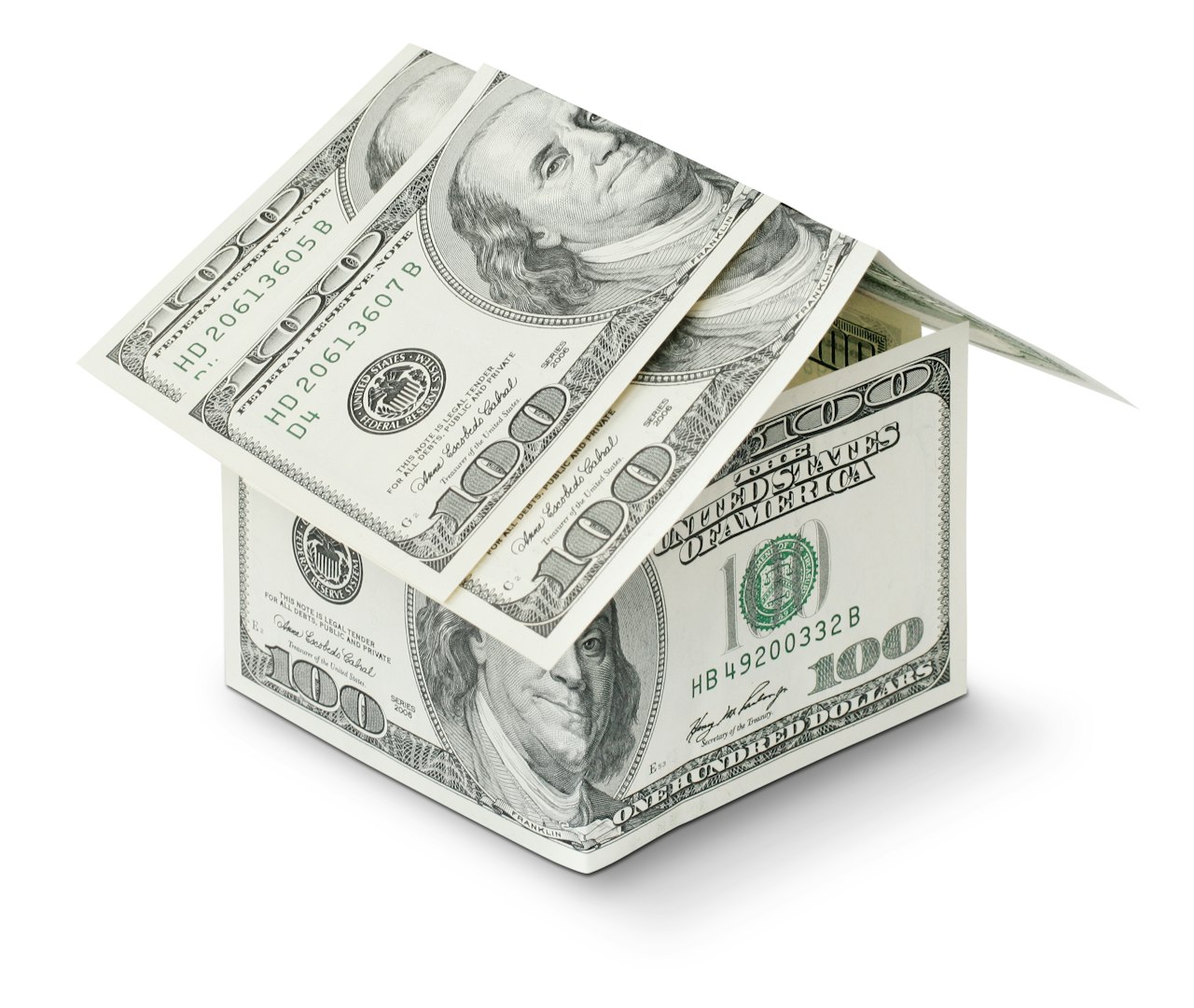As more homeowners turn towards sustainability, the demand for green home improvements continues to rise. While these upgrades are excellent for reducing energy consumption and lowering your carbon footprint, they also offer an additional benefit you might not have considered: positive effects on your home insurance policy.
This article will explore how eco-friendly upgrades can not only save you money on energy bills but also impact your insurance premiums and coverage in favorable ways.
1. Lower Premiums for Sustainable Upgrades
One of the biggest ways green home improvements can affect your insurance policy is through reduced premiums. Many insurance companies recognize the value of sustainability and offer discounts or incentives to homeowners who invest in energy-efficient and eco-friendly upgrades.
-
Solar Panels: Installing solar panels can help reduce your electricity bill, but some insurers may also lower your premium due to the increased energy efficiency and reduced reliance on external power grids.
-
Energy-Efficient Appliances: Insurance providers might offer discounts if you upgrade to energy-efficient appliances that reduce the risk of fire hazards or water damage, such as ENERGY STAR-rated refrigerators, washers, and dryers.
-
Sustainable Roofing: Replacing your roof with durable, eco-friendly materials like metal or recycled shingles can lower your risk for storm damage and qualify you for insurance discounts.
2. Enhanced Coverage for Eco-Friendly Homes
Several insurance companies now offer specialized coverage or endorsements for green homes. These policies are designed to support sustainable home improvements and can provide additional protection, particularly when it comes to repairs or replacements after a covered event.
-
Green Upgrade Coverage: If your home is damaged, this coverage allows you to rebuild or replace damaged property with energy-efficient or environmentally-friendly materials, even if the original components weren’t eco-friendly.
-
Rebuilding After a Loss: In the event of significant damage to your home, insurers with green policies may cover the costs of upgrading to more sustainable materials or systems during the rebuilding process, ensuring your home is more resilient and efficient in the future.
3. Reduced Risks Mean Lower Claims
Green home improvements often translate to a safer home with lower risks, which is something insurance companies value. By mitigating the risks associated with traditional homes, eco-friendly upgrades can reduce the likelihood of filing claims, which could result in lower premiums.
-
Smart Thermostats and Systems: Installing smart home devices such as thermostats, smoke detectors, and leak sensors not only increases the energy efficiency of your home but also decreases the risk of costly damage due to fire or water leaks.
-
Water Conservation Systems: Low-flow toilets, smart irrigation systems, and rainwater collection systems help reduce water waste, lowering the risk of water damage in the home and reducing claims related to leaks and floods.
-
Weatherproofing: Investing in weatherproofing measures like energy-efficient windows, storm-resistant doors, and improved insulation helps protect your home against natural disasters, potentially lowering your insurance rates by reducing the likelihood of damage during storms.
4. Government and Insurance Incentives
Many states and municipalities offer incentives for homeowners who choose to go green, including tax credits and rebates. Insurance companies are increasingly following this trend, with some offering policyholders credits or discounts for environmentally conscious decisions.
-
Government Tax Credits: When you install solar panels, energy-efficient windows, or other sustainable features, you may be eligible for federal or state tax credits. These can reduce the overall cost of your green upgrades and incentivize insurance companies to offer you lower premiums.
-
Insurance Green Programs: Some insurers offer green programs that encourage homeowners to make energy-efficient upgrades by providing premium discounts, rebates on sustainable materials, or covering the costs of green improvements post-loss.
5. Attractiveness to Eco-Friendly Insurers
Finally, making green home improvements may attract insurers that specialize in eco-friendly policies. These insurers prioritize sustainable practices and may offer more competitive rates to homeowners who share their values. This creates a win-win situation for eco-conscious homeowners, allowing them to align their insurance with their commitment to sustainability.
Final Thoughts
Green home improvements not only benefit the environment but also offer financial advantages through energy savings and positive impacts on your home insurance policy. By investing in eco-friendly upgrades, you could potentially lower your insurance premiums, increase your coverage options, and even reduce the risk of future claims. If you’re considering making green upgrades to your home, it’s worth discussing these changes with your insurance provider to explore the potential benefits and savings.
Whether you’re looking to lower your carbon footprint or save money on your insurance policy, going green could be the ideal solution.
Sources
- Benefits of Residential Solar Electricity - U.S. Department of Energy
- ENERGY STAR Products - Official Site
- Green Insurance Options - Green America
- Energy-Efficient Home Design - U.S. Department of Energy




























































































